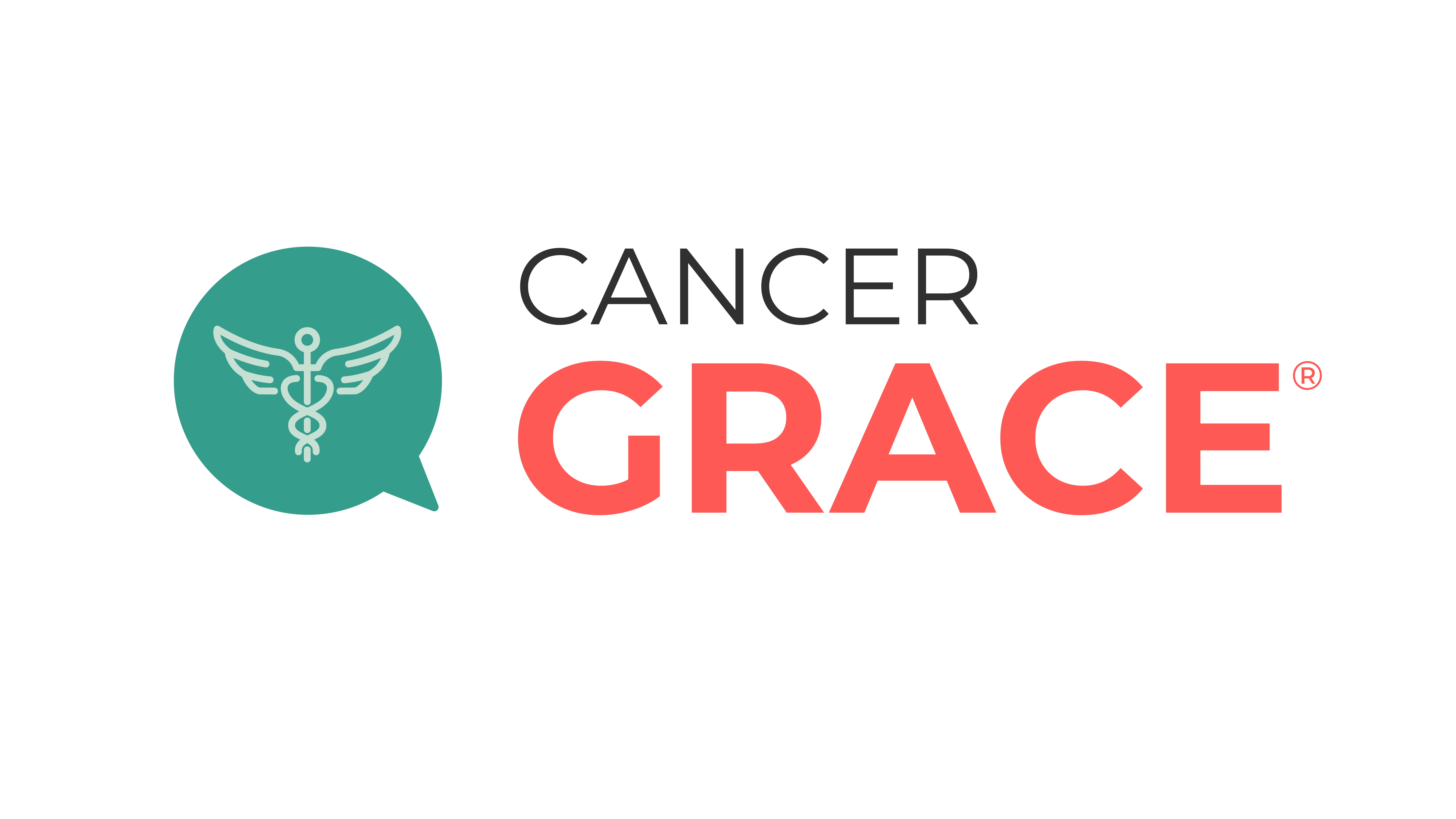It’s not unusual to need to delay treatment and adjust the chemotherapy dosing based on low blood counts or other side effects. That approach is built into our standard treatment algorithms to account for the variability in individual people and a need to keep people as safe as possible during aggressive treatment. Standard dosing is conventionally based on a typical maximal tolerated dose for a given drug or regimen, meaning that you often run on the high side and therefore may well need to gradually adjust the treatment dose based on real-time feedback of a person’s low blood counts or other treatment-related prohibitive side effects. It’s therefore a common occurrence and not a terrible complication to need to delay the next treatment and/or lower the treatment dose over the course of therapy.
In terms of the interval of treatment delays, there’s no clear best answer, but delays are often arbitrarily given in week intervals. This is often in the ballpark of the amount of time it takes for blood counts to recover from prohibitively low levels to a threshold for safe administration of further chemotherapy. If we assume that three weeks between treatments is the standard for a particular regimen (such as a single day every three weeks or days 1 and 8 of a 21 day schedule), and some people need an extra week or two for their blood counts to recover to a safe level, that’s delay isn’t a meaningful break in terms of a gap in treatment (for better or for worse — it isn’t much “time off” to either feel better or not be actively treating the cancer, depending on your greater concern), but instead is just the required time to recover from the ongoing effects of the most recently administered treatment. We consider the chemo to be working during that time. It’s also important to know that if counts are low, the risks of delaying a week or two for counts to recover to a safer level, and/or the risks of lowering the dose of treatment, are very likely less than than the risks of infection, bleeding, etc. that may occur from treating too early.
In addition, even aside from mandated treatment delays from low blood counts, profound fatigue, or other prohibitive side effects, patients often want or need to take a break to go on vacation, attend a wedding, or do any other activity that is part of living a life that doesn’t perfectly follow a regular schedule. The pace of most cancers is such that a difference in timing by a week or two is not critical, and the vast majority of oncologists are very encouraging of their patients’ efforts to take time to live their lives and have the chemo schedule work around that, at least most of the time. The schedule of the regimen, like the doses of the drugs, are based on the typical minimum time needed for blood counts and other side effects to recover to a point that it is safe and feasible to repeat treatment. This doesn’t mean that extending beyond that minimum is a poor choice. Delays of more than a few weeks begin to get into a range of time when it’s a little more likely that there could be changes on scans, but even then, we often may just want to repeat a scan to establish a new baseline.
For further reading:
Post: Do delays in treatment impact survival?
Discussion of delays in radiation therapy







